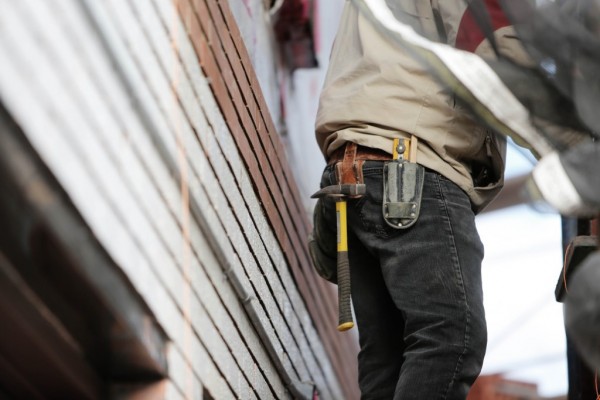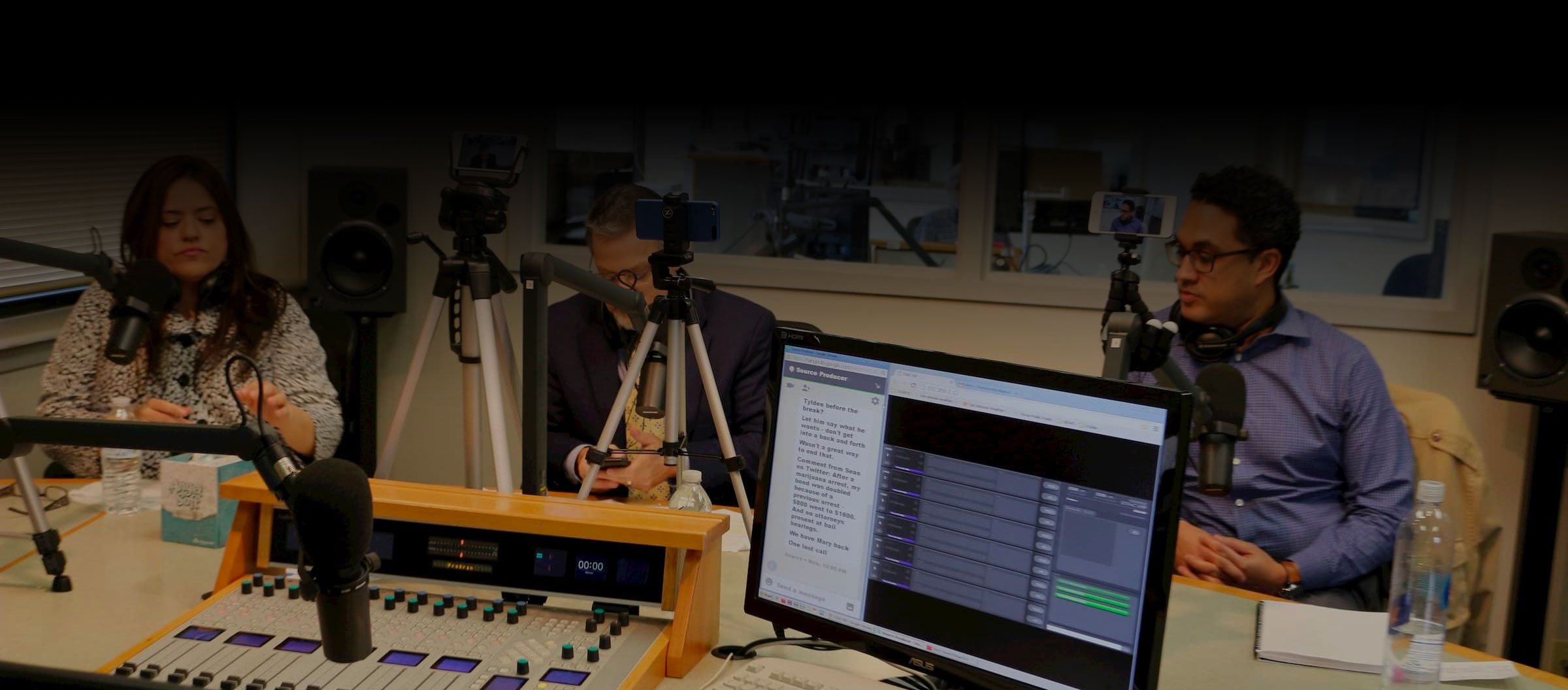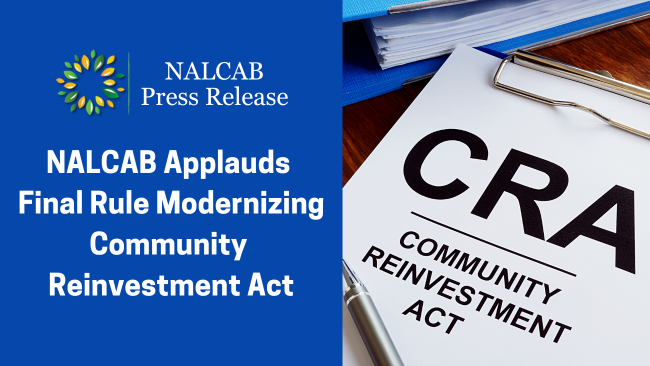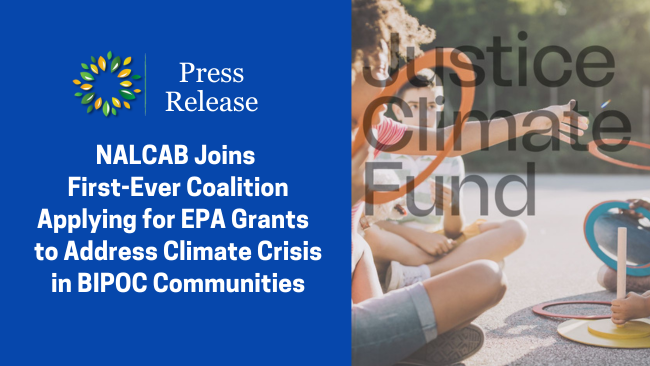
While much about this election seems muddled and contradictory, it is crystal clear that the driving sentiment for many, many people in this country, regardless of how or even whether they voted, was the belief that our economy is stacked against them― that economic opportunity is more difficult to find and upward mobility is out of reach. Although ugly sentiments were stirred up during the campaign and certainly drove some portion of the vote, the most powerful motivation in the electorate was economic frustration and a yearning for opportunity. That’s why the word “rigged,” used by Bernie Sanders and Donald Trump, resonated so deeply.
As is always the case after a presidential election that a great many people in the winning Party will claim a mandate for all sorts of things that are not the core motivating factor for the majority of voters. There is usually a direct connection between this misreading (or intentional misappropriation) of the will of the people and a mid-term backlash. In this election the issue was economic opportunity― not building a wall, not carpet bombing Syria and not locking up Hillary.
The fact that Donald Trump is now President-elect suggests that he understands this as well as anybody― but he has a problem. The Republican Party hasn’t stood up for the working class in a very long time. The Republican Party (at least the Republican Party of last month) was against investing in housing and transportation infrastructure beyond a meager baseline; it protected big banks and their CEOs; it had no real policy that improves the environment for small businesses or the self-employed and it approached immigration policy not as an economic issue but rather as a White power issue.
Candidate Trump convinced the White working class that the Democratic Party, led by Hillary Clinton, would not serve their interests. In the process, Trump unquestionably stoked racist and anti-immigrant sentiments. The irony is that if his economic agenda departs from the Republican orthodoxy of the past and actually addresses the needs and opportunities of White working class voters, the very same policies can benefit working
class minorities. The “Black Jeopardy” skit on “Saturday Night Live,” which highlighted the similarities between the White and Black working classes, might have been the most insightful analysis of the entire campaign. Candidate Trump has already swept aside the Democratic Party and now the real question is whether he can stand up to the Republican Party, which has favored big business over working class people and then told working class people to wait for the benefits to trickle down on them.
It is entirely unclear whether Donald Trump will adopt traditional Republican orthodoxies in his economic policy or whether he will be the change agent for working class people that he claimed to be in the campaign. If you want to know where the new President really stands, here are four specific issues to watch.
Housing and Transportation Infrastructure
Over the past six years, while the Republican House attempted to eliminate investments in housing and critical transportation infrastructure, in the real world, the private market has heated up making housing less affordable while our roads and bridges have crumbled. Truly conservative housing experts, like Ron Terwilinger, the former CEO of Trammel Crow Residential, has been calling for increased investment in rental housing. There is a long tradition of sensible and market-driven conservatives, like former HUD Secretary Jack Kemp and former Senator Kit Bond of Missouri that understood how investments in housing and transportation infrastructure help to ensure a healthy environment in which a robust private market can flourish. When, as a nation, we neglect these kinds of investments, it is the working class who suffer with higher housing costs and more pot holes and delays on the way to work.
Reigning in Abuses in the Banking Industry
The economic pain that so many working class people in our country feel, to this very day, is directly connected to the risky and irresponsible practices in the banking industry and lax policing of our banking laws. The Consumer Financial Protection Bureau and the Community Reinvestment Act are enormously effective mechanisms for ensuring safe and responsible banking in our country.
The Consumer Financial Protection Bureau (CFPB) was established after the recession to make lending safer for consumers. In less than six years, it has returned $12 billion to consumers as a result of holding financial institutions accountable for breaking the law. If the CFPB did not exist, all of that fraud would have gone unpunished, creating a perverse incentive for all banks to engage in bad behavior in order to juice their profits to keep up with their unsavory competitors. The Consumer Financial Protection Bureau has been a good deal for working class people.
For close to forty years, the Community Reinvestment Act (CRA) has required banks to give back to the communities in which they do business because banks receive the explicit backing of the US government through federal deposit insurance. In 2006, we learned that “too big to fail” companies also receive the backing of the US government when things go badly. Banks give and invest billions of dollars in working class communities, not simply because they are good corporate citizens, but because the law requires it in exchange for the financial security offered by the US government. The Community Reinvestment Act has been a good deal for working class people.
After the recession, bank toadies and lobbyists influenced Democrats and Republicans alike, suggesting that the CRA actually caused the crisis by encouraging investments in working class communities – an assertion so patently false and cynical it begs the question of the moral character of anyone who says it. The same lobbyists have said we don’t need the CFPB because people should be able to fend for themselves against big banks.
We are likely to see a resurgence these soldiers of the rigged economy calling for the elimination of the CFPB and the Community Reinvestment Act. If successful, there will be an enormous sucking sound as tens of billions of dollars leave working class communities and drain right into the pockets of bank CEOs. Many, many conservative and responsible bankers support both the Consumer Financial Protection Bureau and the Community Reinvestment Act because they help to weed out the crooks and
bottom feeders that have given the banking industry a bad name. If the new President really meant what he said about bringing the big banks to heel, the Consumer Financial Protection Bureau and the Community Reinvestment Act will be powerful tools for making banks true partner in making America great.
Main Street Small Businesses
Neither political party has been truly serious about Main Street small businesses. Over the past eight years, Democrats focused almost exclusively on ultra-sheik Silicon Valley, while Republicans have tried to dress up tax cuts for big businesses and call it a small business policy. Almost ten years after the Recession, mom and pop small businesses and the self-employed still can’t get loans. Investments through community development financial institutions and loan guarantees for community banks are proven models for delivering capital to small business, but no one wants to get serious about it. For many, many people in this country, self-employment was a solution in the face of losing a job. Some in the new Congress will warm up a heap of corporate tax cuts and call it a small business policy. The new President will need to decide if he is going to get serious about supporting the entrepreneurial spirit on Main Street.
Immigration
While immigration policy was a topic of particular hysteria during the campaign, the facts remain that immigrants are critically important contributors to our economy, both as workers and as entrepreneurs. Undocumented immigration is as low as it has been in a decade and does not apply significant downward pressure on wages or job opportunities for US-born workers. These facts have been ignored in a debate that has been much more about fear of the changing ethnic character of our country. A radical and rapid shift in our immigration policy may appease the White power movement, but it will hurt our economy.
Many have wondered whether the President-elect is the greatest con man in American history or a champion of the average Joe. Now we’ll find out if Trump is man enough to stand up for the working class.
Related Posts
October 27, 2023 at 08:18 pm
NALCAB Applauds Final Rule Modernizing Community R ...Posted by Hallie Chavez
...
October 12, 2023 at 07:32 pm
NALCAB Joins First-Ever Coalition Applying for EPA ...Posted by Sharon Garcia
...
September 08, 2023 at 04:11 pm
NALCAB Applauds Historic Confirmation of Kugler, t ...Posted by Sharon Garcia
...
July 28, 2023 at 02:36 pm
NALCAB Condemns Resolution to Gut Section 1071Posted by Sharon Garcia
...








